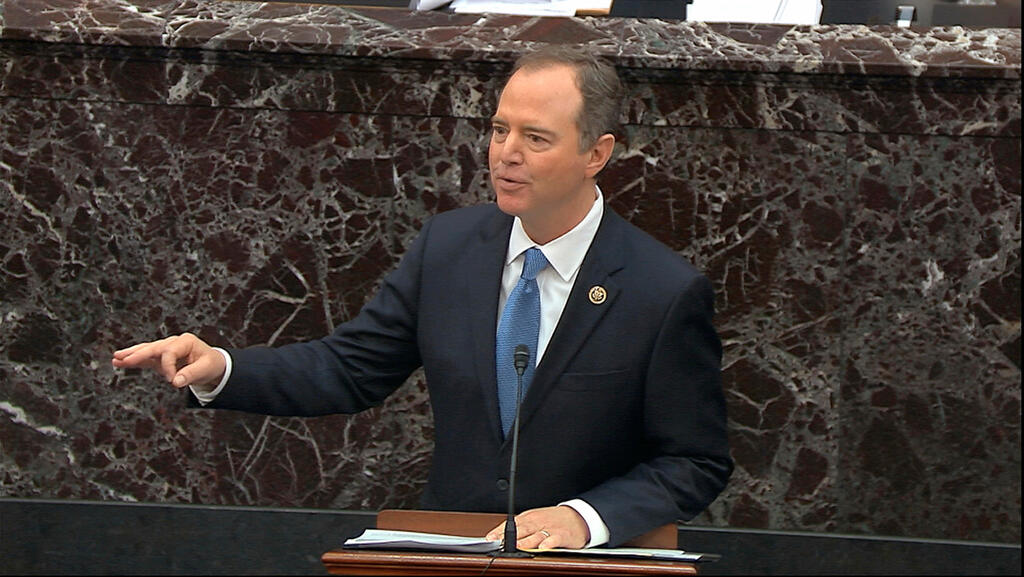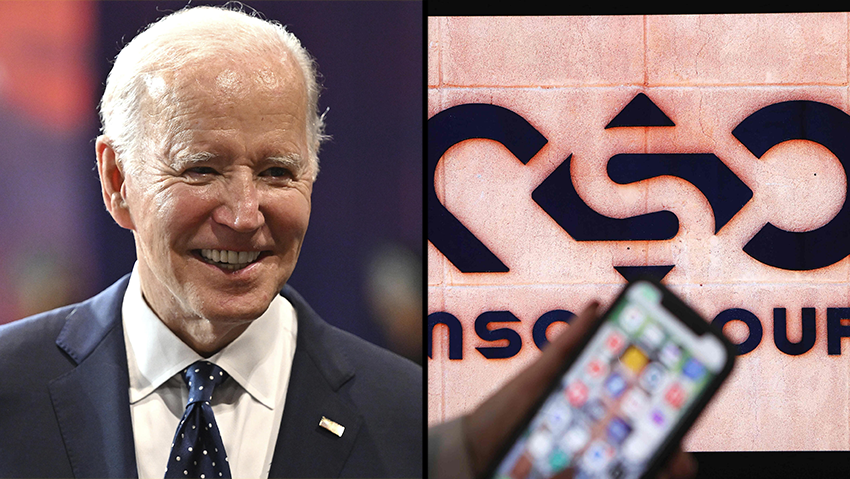Two senior Democrats in the United States Congress, on Thursday called for an investigation into the purchase and use of spyware made by two Israeli firms, in an attempt to curb the use of hacking tools in the country.
Congressman Adam Schiff, the chairman of the House Intelligence Committee turned to the Drug Enforcement Administration (DEA) last week, asking for details about the agency’s use of a spyware tool called Graphite, developed by the Israeli firm Paragon.
Graphite can invade mobile phones and harvest data, such as messages, videos, photos, and other files, mostly from the cloud.
"Such use could have potential implications for U.S. national security, as well as run contrary to efforts to deter the broad proliferation of powerful surveillance capabilities to autocratic regimes and others who may misuse them," Schiff wrote in a letter sent to the agency.
He also called Anne Milgram, the DEA’s administrator, to respond by January 15 to questions submitted in a classified addendum to the agency.
This follows a report the New York Times published earlier this month that the Biden administration allowed the DEA to deploy the tool, despite taking a public stand last year against the abuse of spyware and even blacklisting the Israeli firm NSO Group.
In a statement to The Times, the DEA said that “the men and women of the Drug Enforcement Administration are using every lawful investigative tool available to pursue the foreign-based cartels and individuals operating around the world responsible for the drug-poisoning deaths of 107,622 Americans last year.”
Meanwhile, Democratic Senator Ron Wyden sent a letter to the Federal Bureau of Investigation (FBI), to obtain information about the bureau's purchase and testing of Pegasus spyware developed by NSO Group.
Wyden urged the FBI to explain why it decided not to use Pegasus, saying that it "remains unclear what triggered the decision by FBI leadership to forgo operational use of the tool".
"The FBI cannot continue to shroud in secrecy the rules that govern its hacking operations against Americans’ phones and computers," he wrote. "The American people have a right to know the scale of the FBI's hacking activities and the rules that govern the use of this controversial surveillance technique."



